[ad_1]
CARACAS (Reuters) – Venezuela’s political crisis shifted from barricades to ballots on Sunday with gubernatorial elections that could hand the demoralized opposition a major victory against President Nicolas Maduro’s government.
The ruling Socialist Party controls 20 of 23 state governorships, but polls show the opposition Democratic Unity coalition likely to upend that, given voter anger at hunger and shortages stemming from an economic meltdown.
Turnout seemed thin by mid-afternoon.
“I used to have enough food in my house to feed my children tomorrow, but now no longer. Hunger motivates us to vote,” said Zulay Acosta, voting early in southern Bolivar state.
Having failed to remove Maduro in protests earlier this year that led to 125 deaths and thousands of arrests, the opposition hopes a strong showing on Sunday can be parlayed into victory in next year’s presidential election.
The government has, however, made liberal use of state resources in its candidates’ campaigns and has appealed to Venezuelans’ exhaustion with political turmoil to vote against “candidates of violence.”
“I am voting because I want peace, not terrorism,” said customs official Franquelsi Anciana, in the western city of Maracaibo.
Sources at Venezuela’s state oil company, PDVSA, said they had received phone calls pressuring them to vote.
The pro-government election board has thrown up hurdles for the opposition that could have an impact on final results.
Those include the relocation of 200 voting centers on security grounds – mostly away from pro-opposition areas – and a refusal to update the ballot to remove names of opposition politicians who lost in primaries, likely confusing voters.
GLITCHES
There were also technical glitches such as electrical failures – ever more common across the country – though the government said these were minimal.
“The machine I was using is damaged and they said I had to wait two or three hours. I‘m not going to do that,” said opposition-supporter Lorena Hidalgo, an architect in the western city of Punto Fijo.
Additionally, numerous opposition leaders and activists, including once presidential hopefuls Henrique Capriles and Leopoldo Lopez, are barred from office or have been detained on accusations of coup-plotting, corruption and other charges.
According to Capriles, participation in the state of Miranda, which he governs, was projected at around 35 percent by 3 p.m.
“Participation is favorable for us (the opposition),” said Capriles, speaking on Periscope. “Abstention is favorable for the government.”
The government says Sunday’s votes, from remote Amazon and Andean communities to heavily populated Caribbean coastal areas, are proof Venezuela is no dictatorship, contrary to increased global criticism this year.
Officials are also casting the election as a vote against U.S. President Donald Trump, who has imposed some sanctions on Venezuela, particularly targeting Maduro’s top officials for alleged rights abuses and corruption.
“They have said we are a dictatorship. No. We are a rebellious, egalitarian people,” Maduro said in a video posted on Twitter on Sunday.
“Democracy has triumphed,” the president added later on state TV.
“TOO MANY DYING”
Even if the government loses a majority of governorships, Maduro has repeatedly said none of the newly elected officials will be allowed to take office unless they pledge allegiance to a new legislative superbody elected in July.
The opposition boycotted that vote and refused to recognize the entirely pro-government Constituent Assembly, whose powers supersede those of all other institutions, including the opposition-controlled congress.
Some opposition supporters, particularly youths in a self-styled ‘Resistance’ movement on the front line of street battles earlier this year, have accused their leaders of selling out and legitimizing a dictator by taking part in Sunday’s vote.
But most appeared to have swallowed those qualms.
“Too many people were dying, with few results,” said student Manuel Melo, 20, who lost a kidney from the impact of a water cannon during one protest. “I agree with the elections.”
Should the government suffer big reverses, it can mitigate them by reducing funding and responsibilities for governors, as it has in the past when local posts have gone to the opposition.
After the election, the opposition will seek to throw the focus back to its main demands: guarantees of free and fair conditions for the 2018 presidential vote, freedom for jailed activists, foreign humanitarian aid and authority for congress.
The government has said it hopes Sunday’s vote will help revive a stalled mediation bid with the opposition in the Dominican Republic.
Additional reporting by Andreina Aponte, Maria Ramirez in Puerto Ordaz, Isaac Urrutia in Maracaibo, Francisco Aguilar in Barinas, Corina Pons and Alexandra Ulmer in Caracas, Mircely Guanipa in Maracay; Editing by Tom Brown and Steve Orlofsky
[ad_2]
Source link

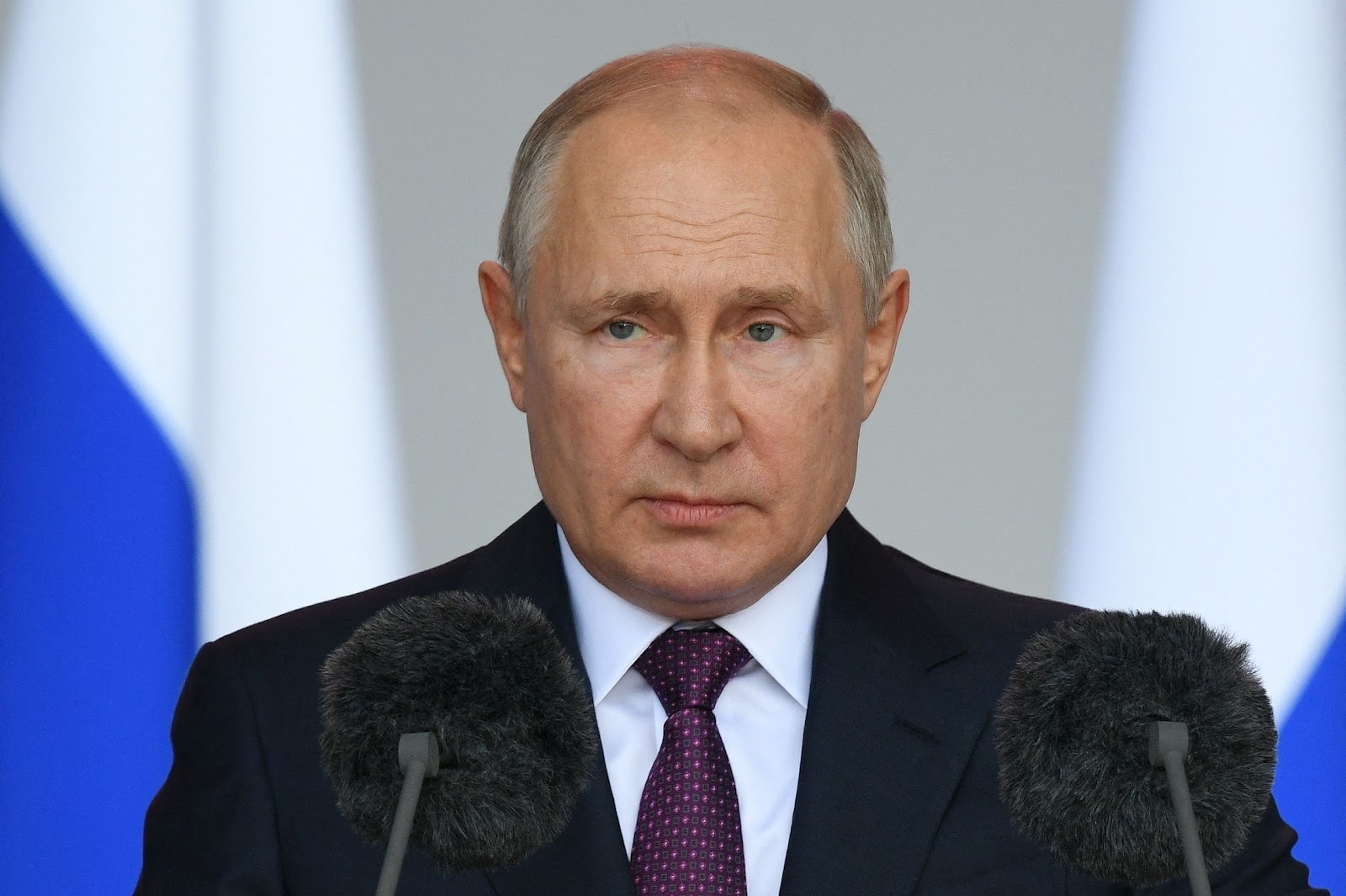
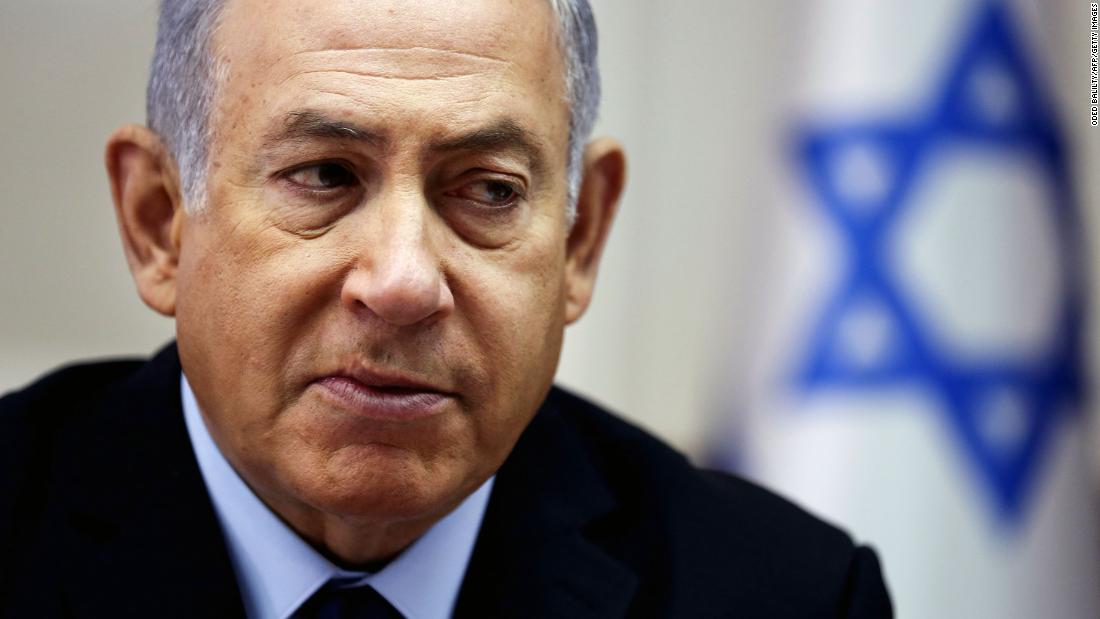
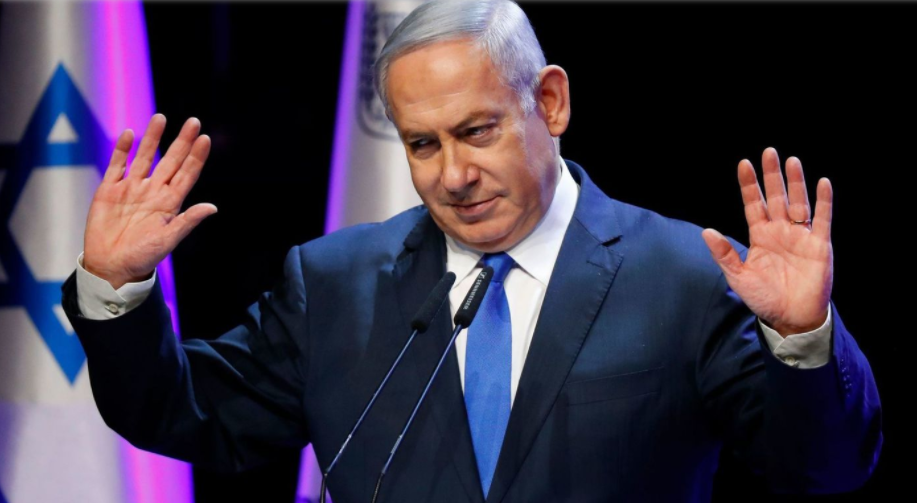
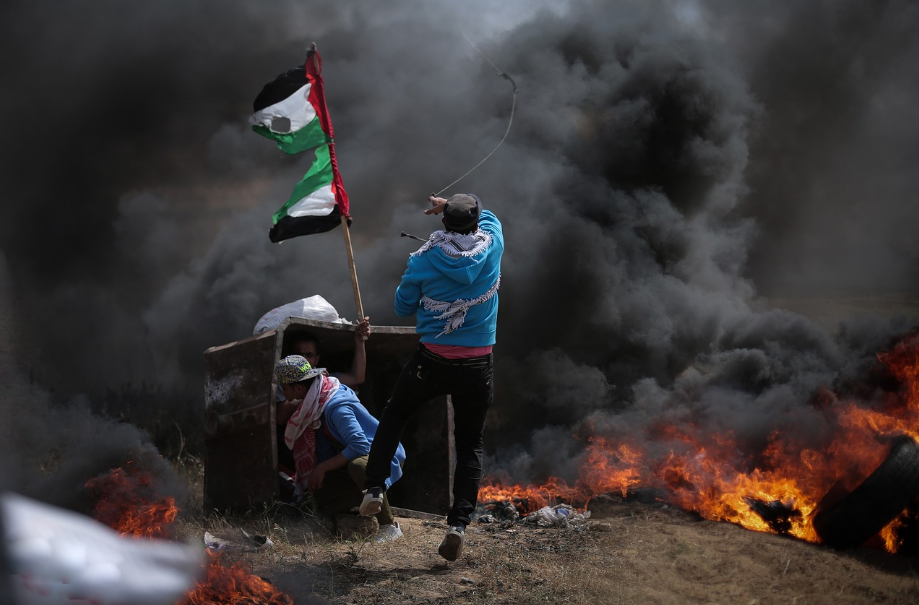
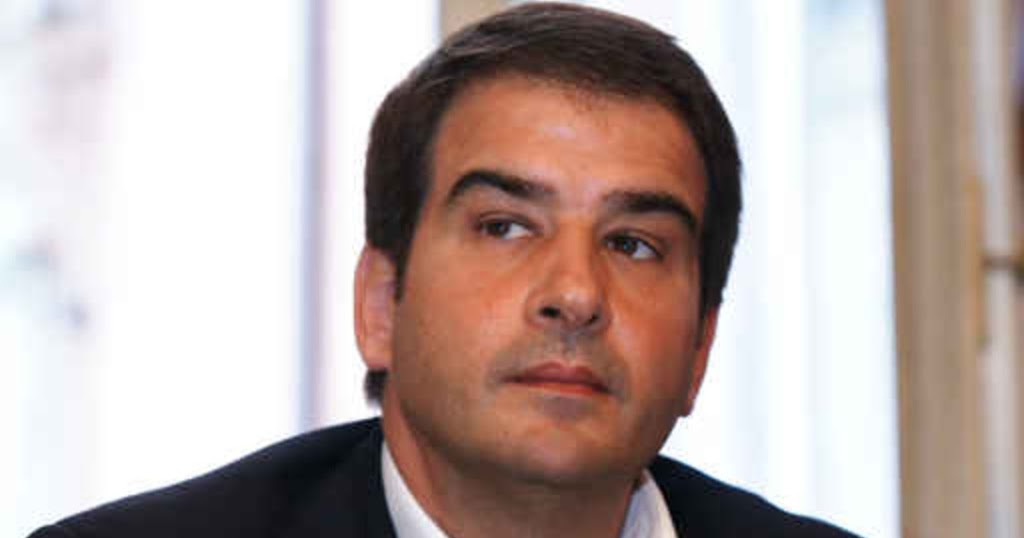
Leave a Reply